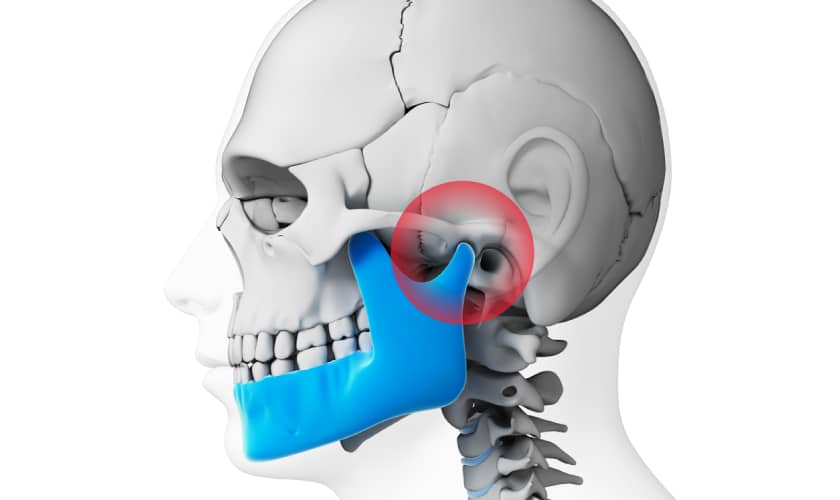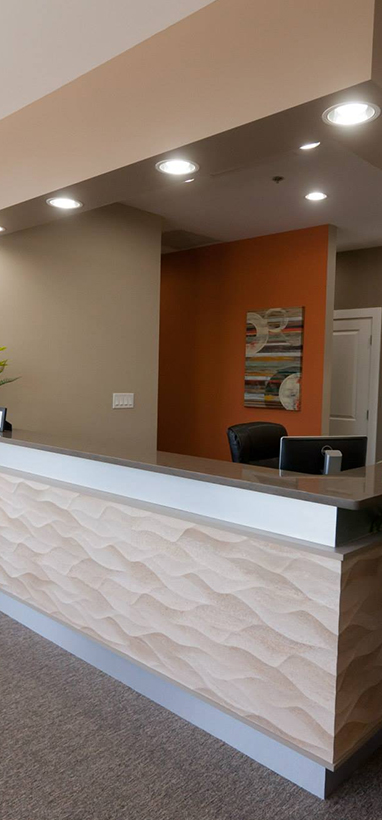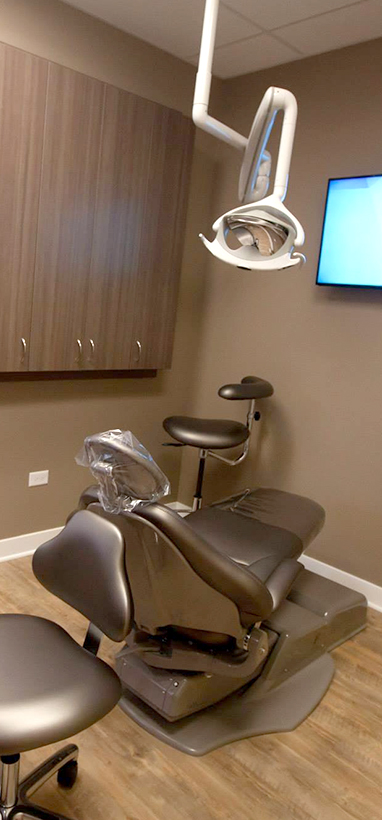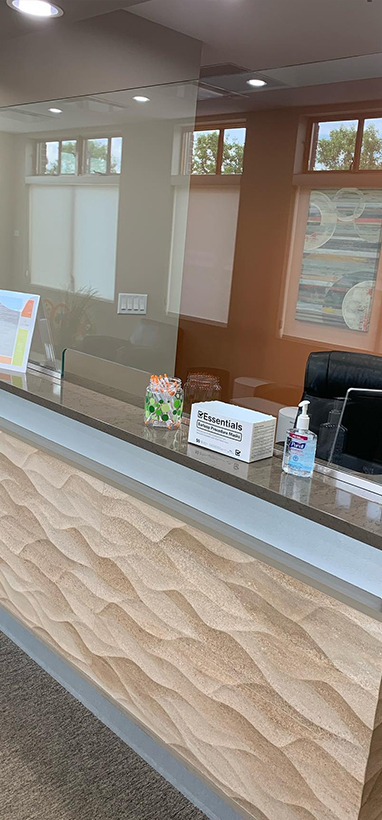1516 Legacy Cir, Naperville, IL 60563
What is the best treatment for tmj?

If you’re dealing with pain in your temporomandibular joint (TMJ), you’re not alone. Many people suffer from TMJ disorders, which can cause a wide range of symptoms. While there is no one-size-fits-all solution for treating TMJ, there are a number of options that may help to ease your pain and improve your quality of life. In this blog post, we’ll explore some of the best treatments for TMJ so that you can make an informed decision about what’s right for you.
What Is TMJ And What Are The Symptoms?
Tmj, also known as Temporomandibular Joint Disorder (TMD), is a disorder of the jaw joint that affects millions of Americans each year. It can cause intense pain in the jaw muscles and joints, along with associated symptoms such as headaches, facial pain, ringing in the ears, dizziness, jaw clicking or popping when you chew and fatigue. In extreme cases, it can make it difficult for people to open their mouths wide or even talk. The exact cause for TMJ is unknown but stress, genetics and arthritis are all potential causes. Treatments vary from lifestyle changes such as avoiding hard foods or chewing gum to physical therapy and surgery in severe cases. If you feel like you may have TMJ then it’s important to visit your doctor who can examine the area and advise the best course of treatment for you.
How Is TMJ Diagnosed?
Diagnosis of TMD (Temporomandibular Disorder) can be tricky, since there are a variety of condition with varying possible symptoms, and no single definitive test. Initially, a doctor will ask the individual questions about their history, pain levels and specific issues they are having. Following that, physical evaluation will likely occur to check the range of motion in the jaw and facial area. In addition to this physical examination, imaging tests may be ordered such as X-Rays or MRI scans. Although these scans can reveal signs indicative of TMD, further testing via EMG (electromyography) could also be necessary to confirm results from the imaging studies. Once it is determined that an individual is suffering from TMD treatment options can include medication for the pain as well as therapy concerning posture habits for the neck and head.
What Are The Conventional Treatments For TMJ?
Conventional treatments for TMJ include measures such as medications, mouth guards, physical therapy, and lifestyle changes. Depending on the severity of discomfort, mild to moderate cases can be managed with over-the-counter pain relievers or anti-inflammatory drugs. Additional medical interventions, such as stretching and strengthening exercises, massage, ultrasound and heat/cold packs may also help alleviate symptoms. If the specific cause of TMJ cannot be pinpointed, a custom-fitted mouth guard may be recommended to help reduce muscle tension in the jaw. If more advanced symptom management is needed, surgical treatment may be explored as an option. TMJ treatment has been found to offer relief from certain symptoms when done by an experienced oral surgeon using established procedures. It is important to note that these treatments are not guaranteed to work in every case and should be discussed with a healthcare professional prior to undergoing any therapeutic intervention.
When Should You See A Doctor For TMJ Treatment?
If you’re experiencing facial pain, soreness of the jaw or headaches that may be related to your temporomandibular joint (TMJ), it’s important to seek medical treatment as soon as possible. A doctor who specializes in treating TMJ disorders can assess your symptoms and develop a plan of treatment that will help reduce discomfort quickly and safely. In cases where the TMJ is severely damaged due to arthritis or a dental misalignment, surgery may be necessary. Even minor conditions such as bruxism can benefit from dietary or lifestyle changes suggested by your doctor. Don’t let jaw or face pains go untreated; see your doctor for an evaluation so you can get relief and enjoy life to the fullest.
If you have any of the symptoms of TMJ, it’s important to see a doctor so they can make an accurate diagnosis. Once your doctor has diagnosed you with TMJ, there are both conventional and alternative treatments that can help relieve your symptoms. Surgery and medication are two common conventional treatments for TMJ, but there are also several things you can try at home to ease your pain. If over-the-counter medications aren’t helping or your pain is getting worse, be sure to schedule an appointment with your doctor.








